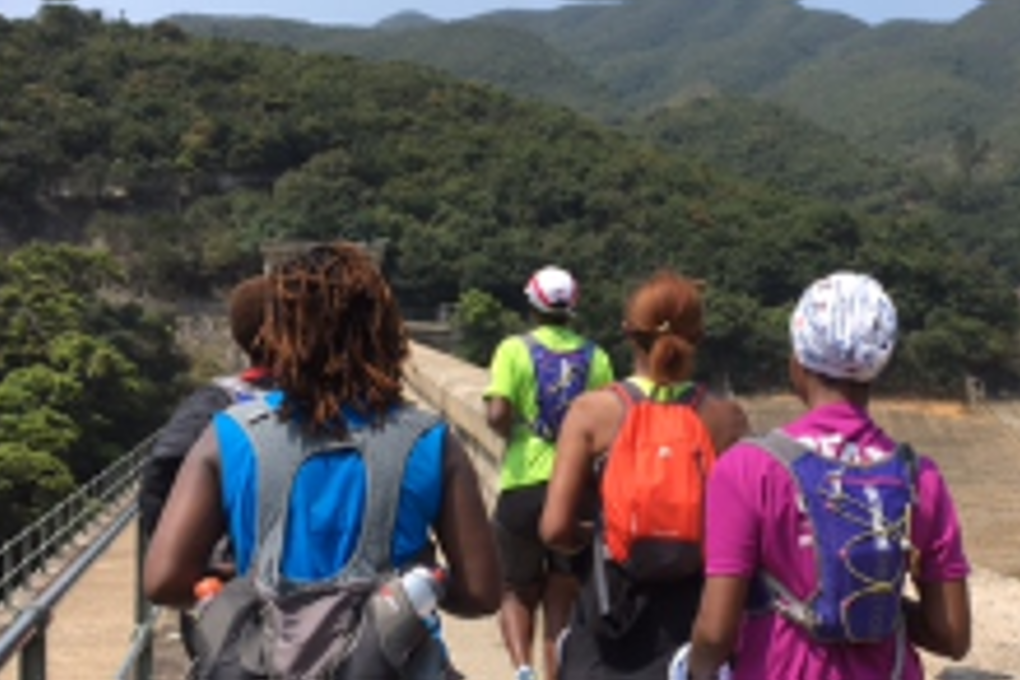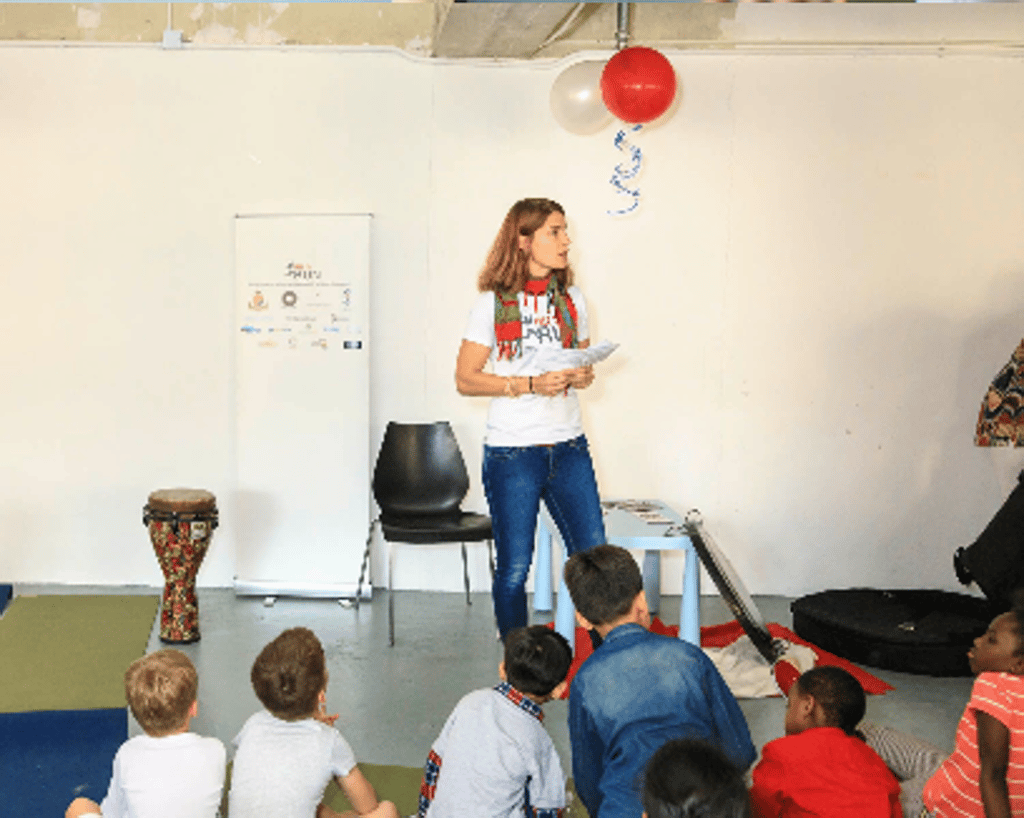On World Refugee Day, Hong Kong asylum seekers talk about how hiking has helped them regain their confidence and improve their health
Fleeing conflict and turmoil, refugees arrive in Hong Kong to face an nightmarish asylum application process. Many turn to hiking as an escape

The healing effects of the great outdoors and exercise are numerous. They can help to relieve stress and improve weight loss among a host of other benefits. But the therapy of hiking is no more important for anyone, than for the refugees left in Hong Kong to battle against an asylum programme that is slow and lacks transparency and translators.
One refugee, who wishes to remain anonymous during her application process, said that she suffers from psychiatric problems as a result of the traumas she fled from in Africa. “I hear voices and cannot sleep,” she said.
The medication she was given had adverse side effects. In particular, it made her gain weight. Then she was referred to the charity Free To Run, which organises hiking for female refugees and social meetups at their office in Aberdeen.

“I’ve lost so much weight, it’s great. And now when I go home after being here and hiking I can sleep without my medication,” she said.
On World Refugee Day (June 20) another refugee said that she had never hiked before joining Free To Run. But now hikes regularly with the charity and its programme director Virginie Goethals.